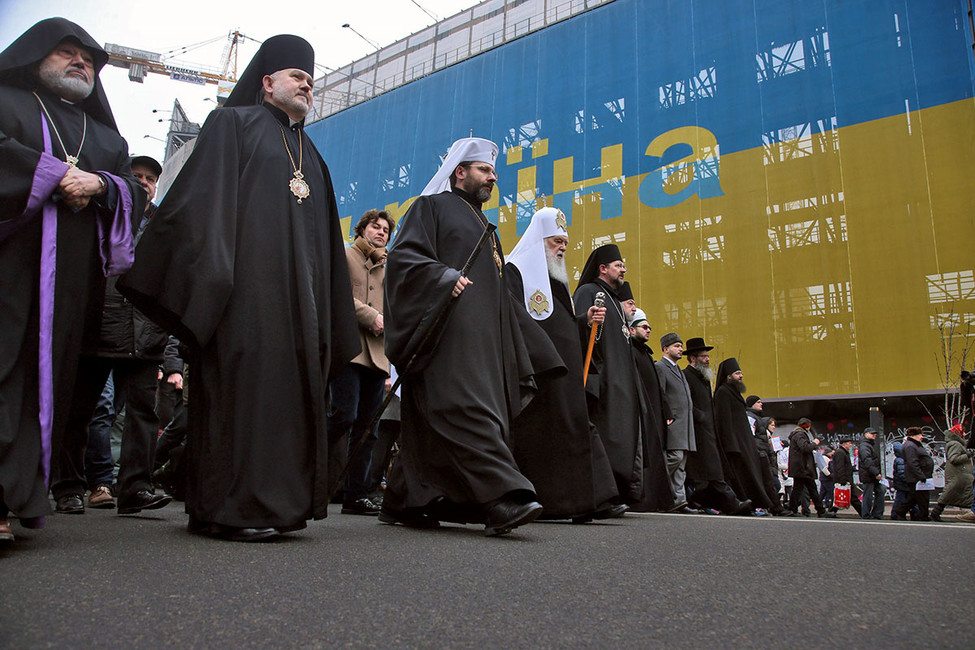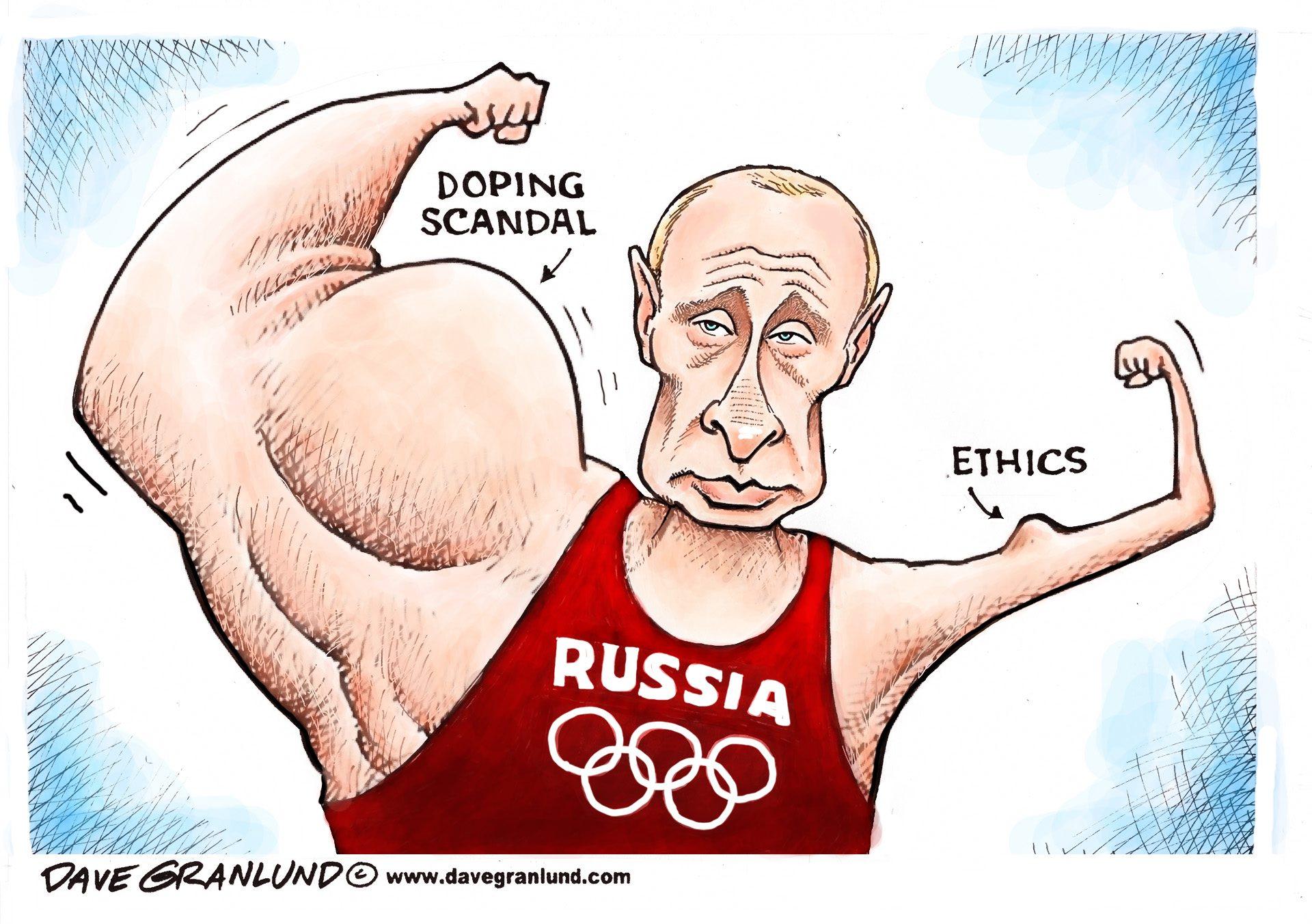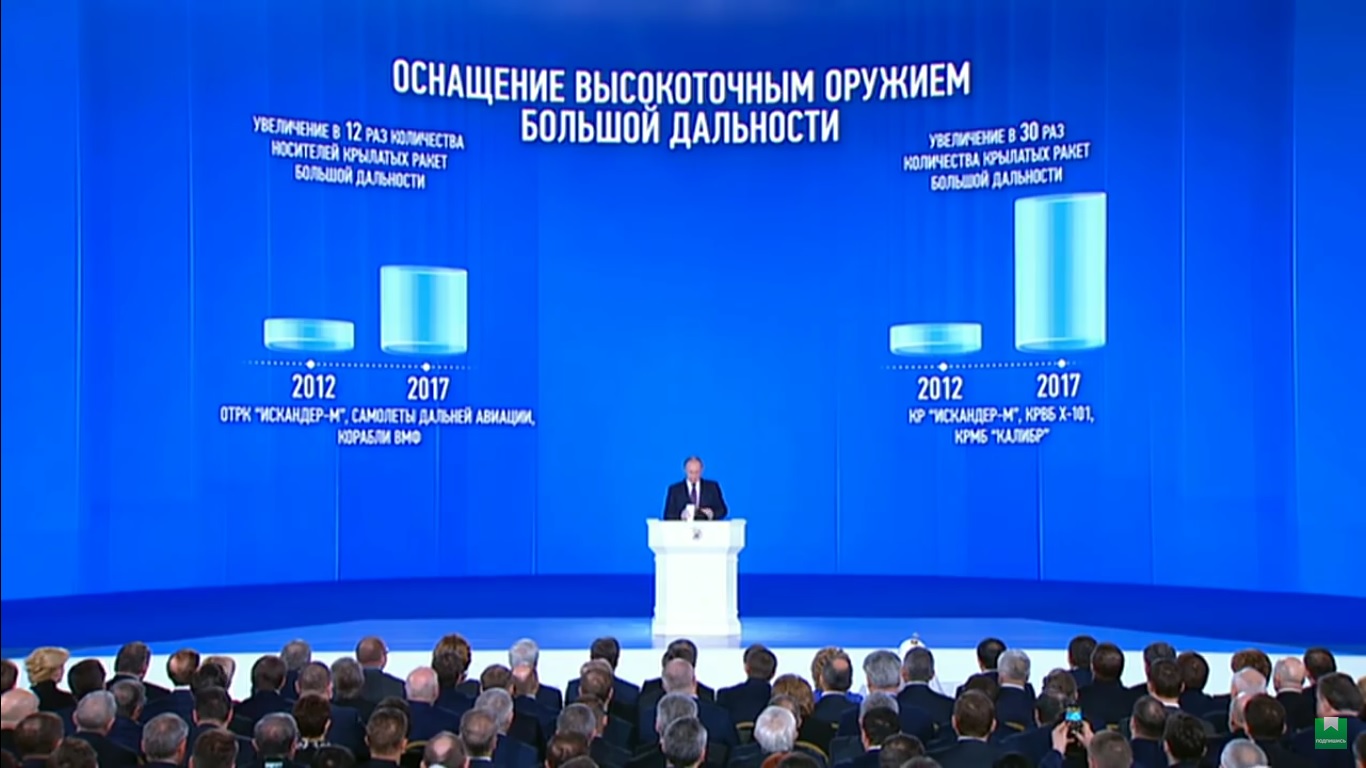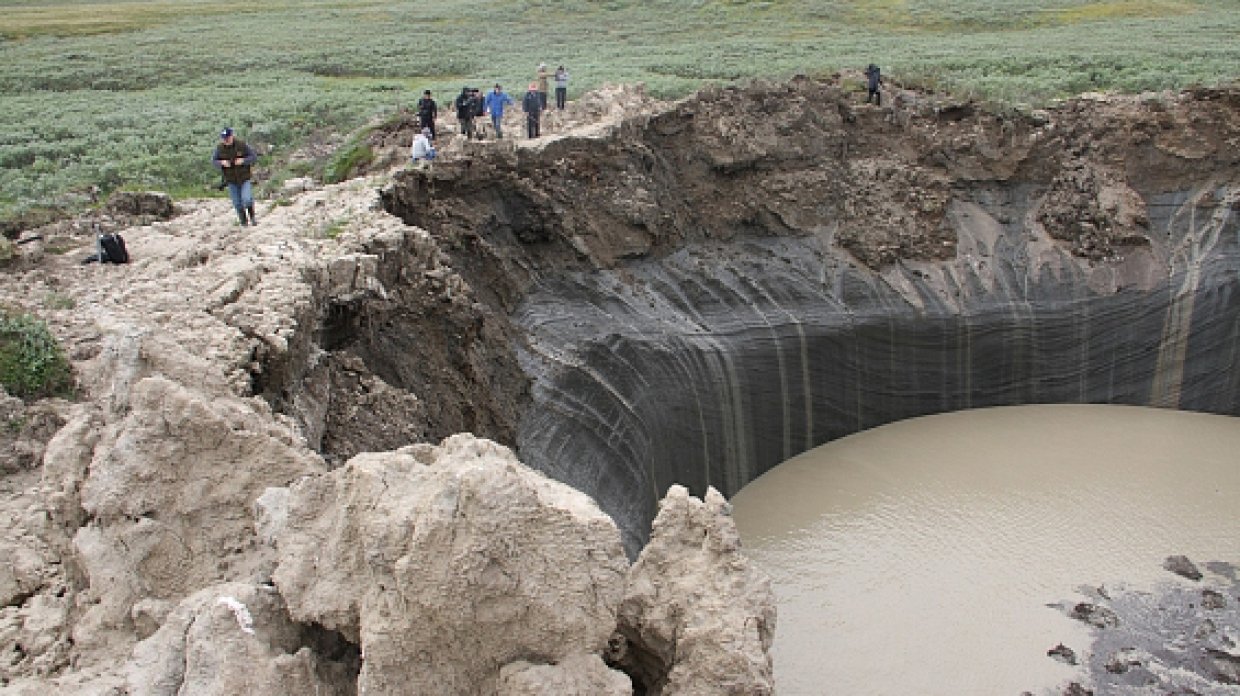The Moscow Patriarchate of the Russian Orthodox Church routinely says that it has more parishes in Ukraine than does the Kyiv Patriarchate, a statement that it true but that ignores the fact that it has far fewer followers and parishioners than does the Ukrainian church.
Archbishop Yevstraty Zorya, the secretary of the Holy Synod of the Kyiv Patriarchate, points out to Russian specialist on religion Roman Popkov that there is “a lack of correspondence between the number of registered communities of the two patriarchates and the real quantity of [their] supporters.”
For historical reasons, there are “more than 10,000 communities” registered with the state as subordinate to the Moscow Patriarchate,” the churchman says, while the number of communities attached to the Kyiv Patriarchate are only about half as many. But those statistics don’t tell the real story.
“Invoking these statistics,” Archbishop Yevstraty says, “the Moscow Patriarchate asserts that it is ‘the largest church in Ukraine.’” But that is “in part untrue.” It is the case that there are 10,000 “registered” parishes but “a certain part of these communities exist only on paper and are ‘dead souls.’”
The parishes loyal to the Kyiv Patriarchate are more active and larger than the Moscow ones, he continues, a reflection of the fact that Ukrainians identify with the former rather than the latter according to sociological surveys. A recent study found only 17 percent of Ukrainian believers identify with the Moscow Patriarchate while 46 percent do so as part of the Kyiv one. Thus, the archbishop says,
It is also the case that many Ukrainians in parishes registered with the state as part of the Moscow Patriarchate would change their affiliation if given the chance and that the Ukrainian government is being entirely reasonable in creating legal means for their making such changes given the Moscow Patriarchate’s opposition to any change without its sanction.
The Kyiv Patriarchate has called on the Moscow Patriarchate to take part in dialogue on how to resolve these problems. But the Moscow church doesn’t want to because it insists that “we have no problems” and therefore have nothing to discuss, the archbishop says. And it has launched a virulent propaganda campaign against the Ukrainian church.
“A conflict will arise inside the communities of the Moscow Patriarchate” only when a majority wants to shift to the Kyiv Patriarchate and a minority does not. “The Moscow Patriarchate does not want to resolve this issue in any ways,” the Ukrainian churchman suggests.
“From my point of view,” Yevstraty concludes, “the Moscow Patriarchate is using this objective reality in order to generate within itself a sense of a besieged fortress. There is such a psychological technology which is used in those structures certain religious specialists call sects: enemies are all around and thus their members must form up ever closer to a single center.”
Related:
- Ukrainian legislation about religion will finalize divorce between Kyiv and Moscow
- Moscow Patriarchate taking control over property of its parishes in Ukraine to block them from leaving
- Russification through the church
- Russian court orders demolition of Ukrainian Orthodox Church (Kyiv Patriarchate) in Moscow Oblast
- Religious persecution continues in occupied Donbas
- Statement of heads of Evangelical Protestant Churches of Ukraine on religious persecution in the Donetsk and Luhansk Oblasts
- Scholar: Russian Orthodox Church Moscow Patriarchate supports repressions, militarism
- Chaplin, ‘a Zhirinovsky from the Orthodox Church,’ says mass repressions necessary and reasonable
- Authorities ready to demolish only Ukrainian church in Russia
- How Russia used Orthodox fundamentalism to hijack the Church Council in Crete
- How the Moscow Patriarchate is creating a separatist Lavra “Republic” in Kyiv
- Pro-Russia militants in occupied east Ukraine torture Protestant pastor to convert to Russian Orthodox Church
- The Kremlin turns priests into obedient “comrades”
- The Russian Orthodox Church of the Moscow Patriarchate resembles the CPSU of Soviet times
- Moscow Patriarchate beefs up its staff for hybrid operations against Ukraine





